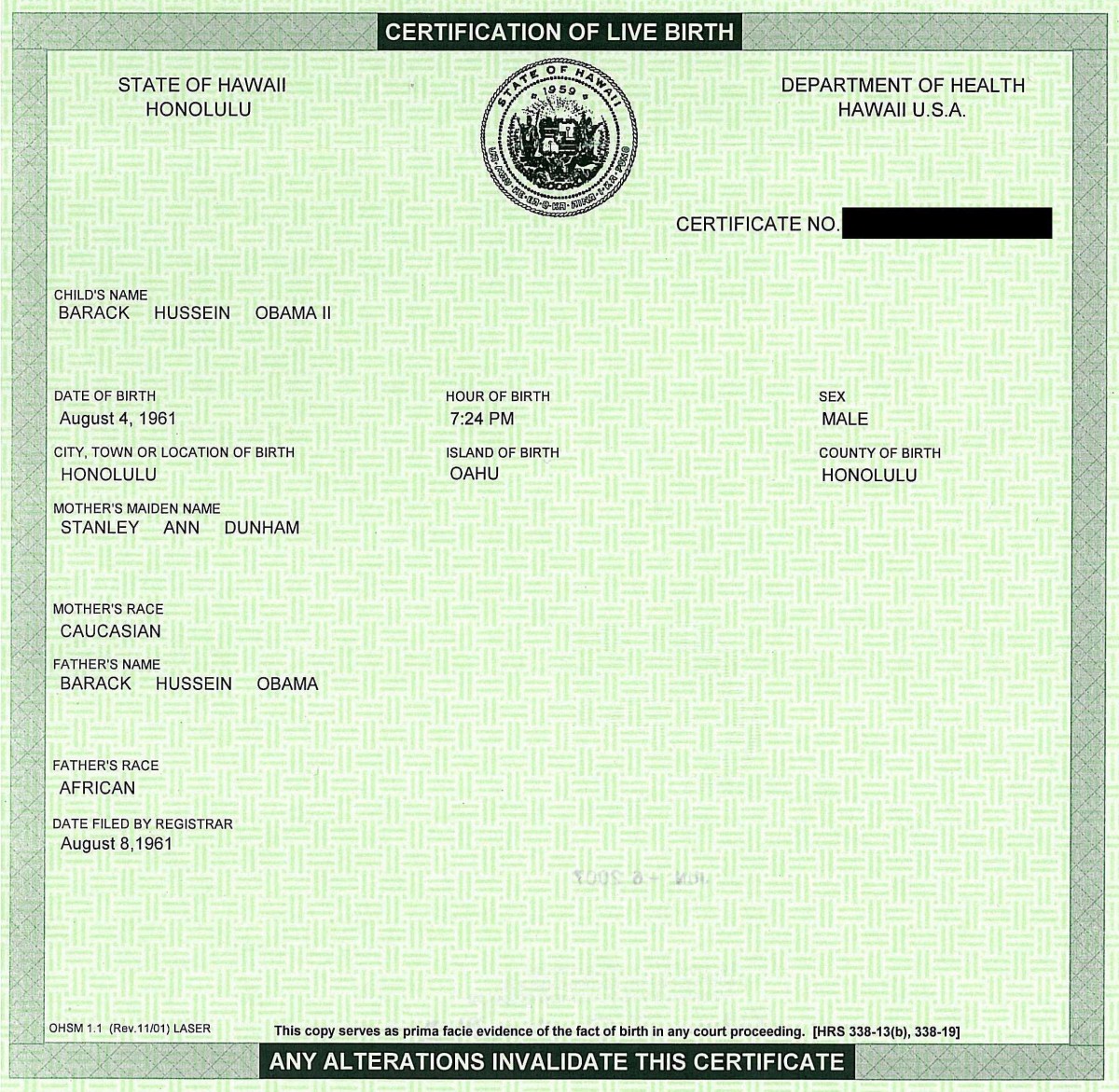Hacking Away...Your Information is Not Secure
Information is no longer kept in locked cabinets that require physical presence to remove or view them. Pretty much everything these days is stored digitally and accessible to anyone, anywhere with the right system and authority. So they say.
Companies you have information with can be hacked, the certainty is 100% as no system is entirely safe. This leaves you helpless. As a former insurance adjuster, I regularly saw claims where businesses credit card systems were hacked and their customers’ data stolen. Most of these incidents occur because the company does not keep their systems current. Pizza companies, small businesses and hotels don’t have the IT budgets to properly maintain their systems and system defenses (much less properly back anything up), in fact some of the business owners are just plain ignorant about their responsibility. Often their IT services are provided on as needed basis, or using a vendor to install proprietary software and their own third party IT person to maintain or upgrade.
As a former computer designer and programmer, I saw first hand how people with no understanding of how their clock radio works, much less a large computer system, would make decisions that override their own IT department recommendations for cost or just their own ignorant concepts of what should be. Those same people tie the hands of IT departments everywhere in order to sell their products first.
Your information and money are really not secure online. Scarier, it doesn’t take a degree in computer science or programming to create a virus or hack a computer as recently witnessed in England where even lowly journalists for Rupert Murdochs’ “The Sun” were hacking people’s phones. You do need a degree to defend yourself it seems. There are tools you can download online to assist in hacking and creating malicious code for those with the desire, but lacking the technical knowhow. There aren’t nearly as many tools to help you defend yourself.
A lot of people have access to information, not just the persons in the old style file room. Information is available through public records such as licenses, court records, etc. Companies and agencies hold even more data about us than ever before, which people have access to, or are left on hard drives vulnerable to probing and hacking from outsiders. We live in a world of wireless communications and smart phones, all easily tapped without court orders or authority, and in some cases – from anywhere in the world.
IT security is a big business. It cost more to secure some company networks than it does to secure Fort Knox. Indeed, often security costs more than they systems and information they intend to protect. The bad news is that the good guys, the ones with the degrees keeping our systems going, are usually behind the bad guys - of which there are many with degrees also. Norton and all of the other anti-virus software programs are behind the day they come out, and still cannot protect you from most true methods of hacking.
Never mind the fees, etc. I rarely use debit cards or electronic transactions – too many trails, records and information is placed into the hands of multiple vendors – for a single transaction. As an Insurance Adjuster, I saw firsthand how poorly people maintain their own security systems – at home and at work. Data Compromise claims are on the rise. Most pizza joints, restaurants, and small businesses cannot afford all of the upgrades and patches needed to keep security current. Their main focus is selling their product and keeping the equipment working that makes it easier to sell that product. Most of these companies have better security against conventional burglaries and theft.
If you use WiFi spots, they are easy to break into as well, as it is unlikely the kid waiting your table or at the register at McDonald’s doubles as an IT expert and is also monitoring the WiFI and updating its security regularly.
Again, it does not take an expert to take advantage of these common flaws in security. People are amazingly inventive and come up with new ways to reach these systems, simply by hacking from the outside or delivering code through personal means such as fake cards, flashdrives , e-mails, etc.
Old fashioned methods of stealing information are becoming popular again too as a friend in IT security recently pointed out to me. A pair of non-tech binoculars gives someone access tom your computer through open windows, not to mention what you may be throwing in the trash. I admit I was quite surprised when I hauled out my binoculars and was able to see my neighbors’ keyboard while he sat at his kitchen table with his laptop. Wait for him to type passwords and they would be mine. Another neighbors’ computer wasn’t facing me, but they use a wireless network which I could tap or intercept, and with a bit of angling I got the reflection of his monitor from a window, no need to break the wireless network after all.
Between the tech and the non-tech methods, most of our information is out there waiting to be pieced together by unscrupulous individuals or organization – as drug cartels and mafia groups conduct a lot of operations on the internet these days. Ask the notorious hacking group, Anonymous, who after threatening to expose the Mexican Drug Cartels corruption had members that ended up dead, courtesy of the drug cartels. These are the people that hack governments, law enforcement, big corporations, brag and don’t get caught - the drug cartel found them rather quickly. This battle took place well above the reaches of governments and law enforcement.
The best hackers only need your name and address to start with, find your bank name, then it is a matter of time before they have the routing and account number, and your Social Security number is at their mercy. Databases such as state license agencies often allow access to their information, sell it or it is easily obtainable by outsiders.
Even I have hacked, I was one of those hackers in the 80’s who just wanted to see what was out there, I wasn’t out for information or to cause damage. The modern hackers are not like that, they range from organized crime groups like drug cartels and the mafia, to individuals, often with agendas that are harmful. Any information is dangerous, vast sums of medical fraud are committed every year from simple theft of medical insurance information, social security numbers, or even just your name and your doctor’s name.
And even I have been hacked, my computer was taken over by a spam server and ran up a phone bill, and my 14 year old daughter, child of two parents with computer degrees, successfully locked Dad out of his computer, used my information for Paypal, resulting in my having to hack my way back in to my own computer. I had to trace that spam server to the Ivory Coast where it was shielded from any legal actions – but wasn’t shielded very well from computer attacks.
I wasn’t mad at all – and that is such a lie.
Flashback, the latest virus is getting the attention of Mac users, as it is one of the first widespread successes targeting the Apple Macintosh operating system. For years Apple users have enjoyed a slight advantage in that most criminal efforts were directed at PC and Windows based machines as they are more widely used in businesses and homes. That was really just an illusion however, and Flashback is awakening Mac users to the true nature of the cyber world.
Others think they can play games with people online, and hide by using Facebook pages of friends, web searches and multiple e-mail accounts to spy on others, but those people are easy to track because they don’t know what they are doing to begin with or they would be using more advanced methods, resulting in leaving traces for people like me to discover their activities. Cyber stalking is a new term that has risen with the internet and it is a crime.
While it seems hopeless, the good news is that it is still somewhat of a numbers game. The more you play the better your chance of being hacked or having your information stolen. Whether it is taking over your PC, downloading viruses or stealing your identity, you’re guard must always be up. Yet most people hand out their social security number whenever asked, leave their computers logged on to mail or websites and access unsecured sites constantly. Why is that bad, - those servers in the Ivory Coast can see your computer, see if you are active, thanks for leaving your computer online – I am in.
Government and law enforcement are catching up, but will always be a step behind the never ending supply of new ways to beat the systems.
To prevent becoming a victim, be wise about transactions. Pay by cash or check for your pizza and other purchases, or you are chancing that your pizza place is up to date. Most states let you use a number other than your social security number, do so as most states driver’s license information is not that hard to obtain, think of all the times someone wants your drivers’ license to verify you are who you claim to be. Stay away from unsecured sites, there is a reason that warning appears.
Learn about methods to “De-Google” yourself and limiting the amount of information you put online through social media as these are the most easily tracked and are popular venues for stealing information. Many people have been robbed while on vacation thanks to post with location tags. Anyone can get access to your Facebook page if you have one friend, ever hear of six degrees of separation?
As computers advance, some of these methods will become obsolete and be replaced by others. In fact while we wait for quantum computers to actually exist, the methods for hacking them are already published. We often go through life not knowing how the things we use work do what they do. As computers are readily becoming integrated parts of our lives, everyone needs to be more educated about the devices we use so much and aware of all information we fill it with – before someone else does.








